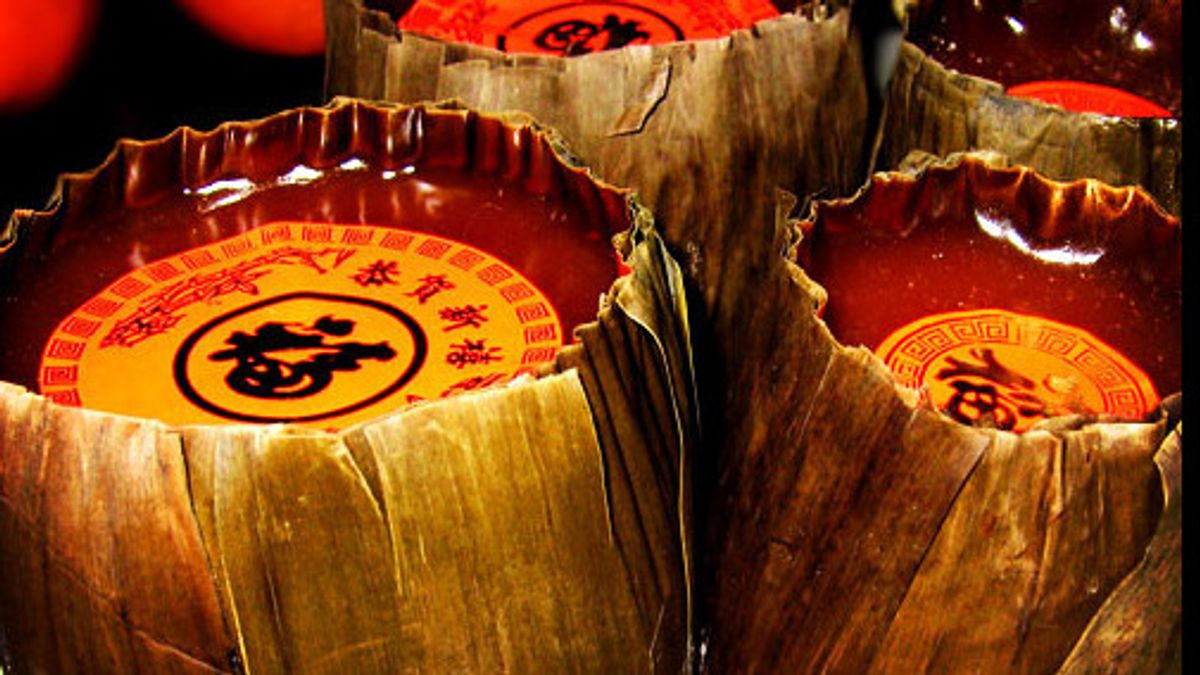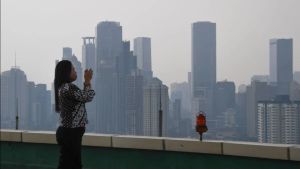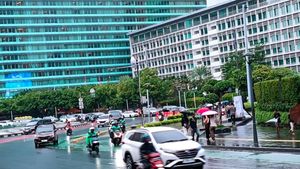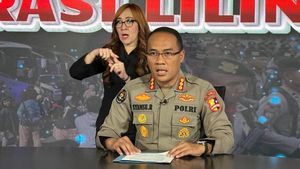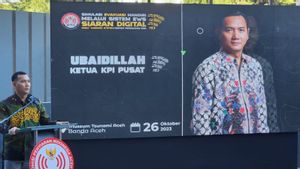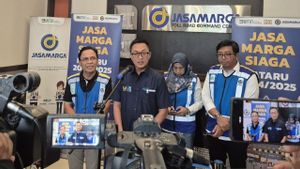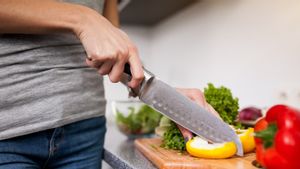JAKARTA - People say that the Chinese New Year celebration is incomplete without basket cakes or niangao. This cake must be present when the Chinese New Year moment arrives. However, the existence of this cake has a long history.
William C. Hu in his book Chinese New Year: Fact & Folklore said, at first, gao cake (niangao) or pudding, was not eaten on New Year's. This cake is enjoyed on the ninth day of the ninth month of the Chinese calendar (lunar), along with the advent of the tradition called "denggao". At that time this basket cake was called chongyang.
The tradition of denggao has existed since the Han dynasty (206 BC-220 AD). The word "deng" means to compose, while the word "gao" apart from knowing this word as pudding, this word can also be interpreted as "achieving higher things".
Therefore, since the Han dynasty, especially when the tradition of denggao began, eating pudding has been a symbol of achieving success in one's career.
Along with the popularity of pudding or gao food on the ninth day of the ninth month, various types of pudding finally developed. The cake is also made for other Chinese traditional celebrations. One of them is the type of niangao (basket cake) used for the Chinese New Year.
This historical development was later validated by 17th century Chinese scholar Lio Tong who noted in his writing that on Chinese New Year's Day, people eat the most important cake, the gao (pudding) cake called niangao. This cake is made from sweetened glutinous rice, which is cooked by steaming.
The term niangao cake was originally only used in the palace during the Song dynasty (960-1279). But later it was also adopted by the general public.
As the consumption of basket cakes became widespread because people liked its lucky meaning, they later shortened their name to niangao, or which means "pudding filled with high hopes."
The English, Chinese, Japanese, Arabic, and French versions are automatically generated by the AI. So there may still be inaccuracies in translating, please always see Indonesian as our main language. (system supported by DigitalSiber.id)
